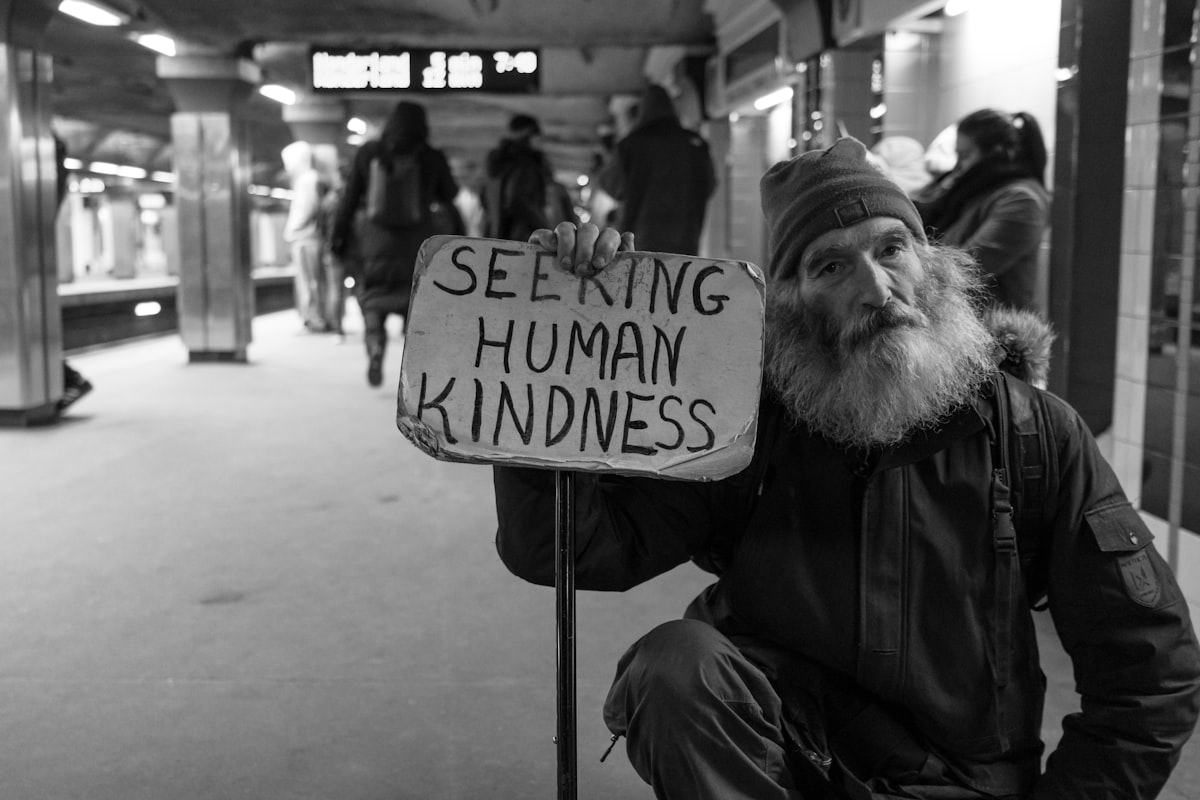On any given day, 500,000 people are homeless in the United States of America. The homeless crisis in the U.S. is a problem drawing many opinions, but devoid of very many easy solutions. Despite that challenge, there are a number of local, state, and federal agencies rolling up their sleeves and tackling the issues.
Recently, Bill Culhane and Kevin Henderson, from BidPrime, partnered to share part of the story. Bill and Kevin visited Amy Price, Director of Development and Communications, with Front Steps, a non-profit located a few minutes drive from the Texas state capitol. From Front Steps’ mission statement, “Front Steps provides a pathway home for our neighbors experiencing homelessness by offering emergency shelter, affordable housing, recuperative medical care, supportive services, and promotes community awareness.”
As you will see, Amy Price is direct, and is passionate about the services provided by Front Steps, the clientele they serve, origin of problems faced by the homeless, and the need for a collective effort in identifying and implementing long-term solutions.
Quotes from Amy Price:
“There are so many different ways people end up on the streets, very seldom by choice.”
“Whole communities: the business people, the residential folks, the faith community, non-profit sector, and the clients [need to] talk about what’s going to be happening. Get past this sense that it’s somebody else’s problem.”
“You’re always dealing with the nimby issue... not in my backyard. Even generous, kind people don’t necessarily want folks that they perceive as “other”... to be living near them.”
The video on the homeless crisis will possibly remind some of you about the podcast episode addressing homlessness in the U.S., released by the popular show, The Big Bid Theory. In the episode, 'Homelessness in US. It's a We Problem', Dr. Margot Kushel, Director of the UCSF Center for Vulnerable Populations, visited the show to provide her perspective on the homeless crisis. Same topic, an additional subject matter expert, another point of view on the crisis.
Click below to listen.
Quotes from Dr. Kushel:
“It’s not only the right thing to do, it’s the economically sound thing to do.”
“It speaks to a major policy failure that we’ve had in the U.S.”
“No one becomes a physician or a nurse to be the person who has to throw somebody out, back onto the streets.”
In the United States, a lot of money and effort are spent on the homeless for healthcare, the criminal justice system, non-profit support and others programs. Many are in agreement that it’s significantly cheaper to house a homeless person than to continually pay for those programs.
As found in Fast Company from just a few months ago, in "3 cities in the U.S. have ended chronic homelessness: Here’s how they did it", Adele Peters reported how data-based programs are being used to end chronic homelessness. She suggests, “While homelessness might often be seen as an intractable problem because of its complexity–or one that costs more to solve than communities can afford–the program is proving that is not the case.”
Many entities across the nation, private and public, are investing and working towards change. The question persists on whether those efforts are too small of a number to effect meaningful, long lasting changes.
ACTIVE RELATED BIDS/RFPs
Homelessness
What are public sector agencies requesting and purchasing in support of the homeless? For a BidPrime Market Analysis detailing the bid/RFP activity, contact a BidPrime representative at 888.808.5356 or email support@bidprime.com.

